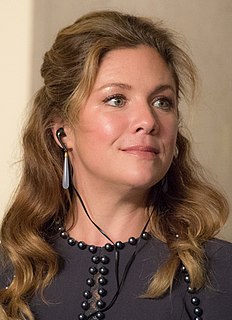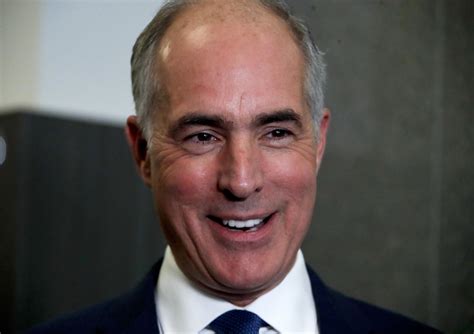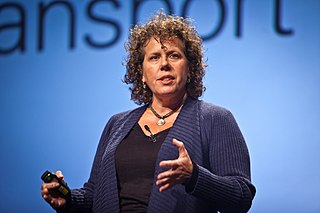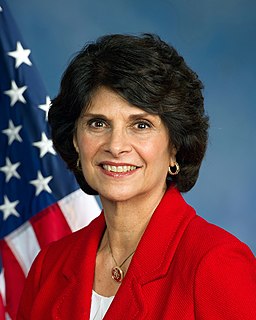A Quote by Martha Plimpton
It's long been accepted as fact that the availability of family planning services saves lives. Where women have access to these services, children and families are healthier, and society at large benefits.
Related Quotes
I think the point of America, our planet, the reason we're all here, one of the best things that we can do is be concerned about something even when it doesn't concern us. That's the whole point. The fact that I've never had to use a Planned Parenthood, the fact that I've never been in need of medical services I couldn't afford or didn't have access to, doesn't mean I shouldn't be concerned about the fact that other women don't have that access.
In addition to being an economic security issue, the failure to pay women a salary that's equal to men for equal work is also a women's health issue. The fact is that the salary women are paid directly impacts the type of health care services they are able to access for both themselves and their families.
In a world often marked by selfishness, a large family is a school of solidarity and sharing; and this attitude is to the benefit of society as a whole.... I always thank the Lord in seeing mothers and fathers of large families, together with their children, committed to the life of the Church and of society.









































